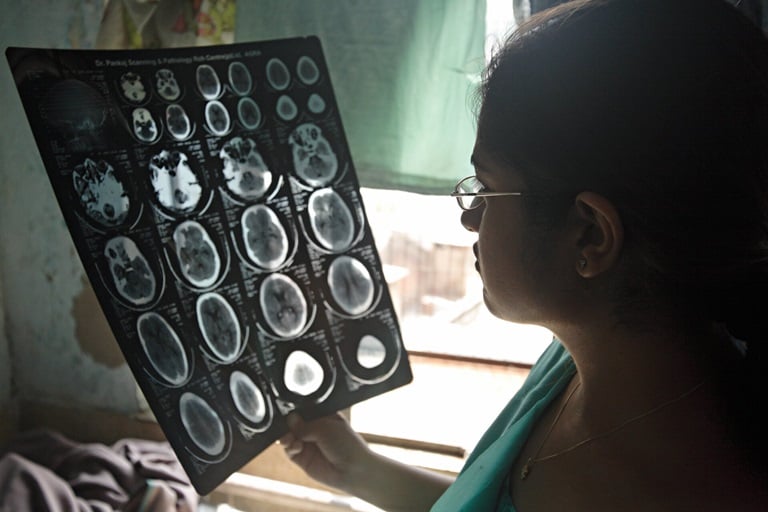
The World Health Organization (WHO) has issued a stark warning, revealing that fewer than one in three countries globally has a national policy to tackle the escalating burden of neurological disorders. These conditions are responsible for over 11 million deaths each year, according to the WHO’s newly released Global status report on neurology. The report highlights that neurological disorders now impact more than 40% of the global population, affecting over 3 billion people worldwide.
The top neurological conditions contributing to death and disability include stroke, neonatal encephalopathy, migraine, Alzheimer’s disease and other dementias, diabetic neuropathy, meningitis, idiopathic epilepsy, neurological complications linked to preterm birth, autism spectrum disorders, and nervous system cancers. The report underscores a critical shortage of neurologists in low-income countries, which have more than 80 times fewer specialists compared to high-income nations, despite the high burden of these diseases.
Global Disparities in Neurological Care
Low- and middle-income countries are particularly affected, lacking national plans, budgets, and workforce to address these pressing health issues. The WHO is advocating for urgent, evidence-based, and coordinated global action to prioritize brain health and expand neurological care. Dr. Jeremy Farrar, WHO Assistant Director-General, emphasized the importance of improving healthcare for those living with brain-related conditions.
“With more than 1 in 3 people in the world living with conditions affecting their brain, we must do all we can to improve the health care they need,” said Dr. Farrar. “Many of these neurological conditions can be prevented or effectively treated, yet services remain out of reach for most – especially in rural and underserved areas – where people too often face stigma, social exclusion, and financial hardship.”
Key Findings from the WHO Report
The report, the first of its kind, reveals that only 53% of WHO Member States contributed data, indicating limited attention to neurology. Just 32% of Member States have a national policy addressing neurological disorders, and a mere 18% report having dedicated funding to address them. Without strong policy frameworks, health systems remain fragmented and under-resourced, unable to meet the needs of patients and families.
Essential services are out of reach for most people, with only 25% of Member States including neurological disorders in their universal health coverage benefit packages. Critical services such as stroke units, pediatric neurology, rehabilitation, and palliative care are often lacking or concentrated in urban areas, leaving rural populations without access to necessary care.
The report reveals a severe lack of qualified health professionals, with low-income countries facing up to 82 times fewer neurologists per 100,000 people compared to high-income nations.
Challenges and the Path Forward
Neurological conditions frequently require lifelong care, yet only 46 Member States offer carer services, and just 44 have legal protections for carers. This leaves informal carers, often women, without recognition or support, reinforcing social inequities and placing a significant financial strain on families. Weak health information systems and chronic underfunding of research, particularly in low- and middle-income countries, limit evidence-based decision-making and hinder effective policy design.
In response to these challenges, Member States adopted the Intersectoral global action plan on epilepsy and other neurological disorders in 2022. This plan aims to reduce the burden and impact of neurological conditions by providing a roadmap to strengthen policy prioritization, ensure effective care, improve data systems, and engage people with lived experience in shaping inclusive policies and services.
Urgent Recommendations from WHO
Without decisive action, the burden of neurological disorders will continue to rise, exacerbating global health inequalities. The WHO urges governments to:
- Make neurological disorders a policy priority through bold leadership and sustained investment.
- Expand access to neurological care through universal health coverage and health system strengthening.
- Promote brain health across the life course with coordinated intersectoral action targeting key risk and protective factors.
- Strengthen data systems and monitoring for evidence-informed decision-making and accountability.
The Global status report on neurology provides a comprehensive assessment of countries’ responses to neurological conditions and sets a baseline for monitoring progress under the Intersectoral global action plan. As the world grapples with these challenges, the call for action is clear: prioritizing brain health is essential to reducing inequalities and improving the quality of life for billions worldwide.






